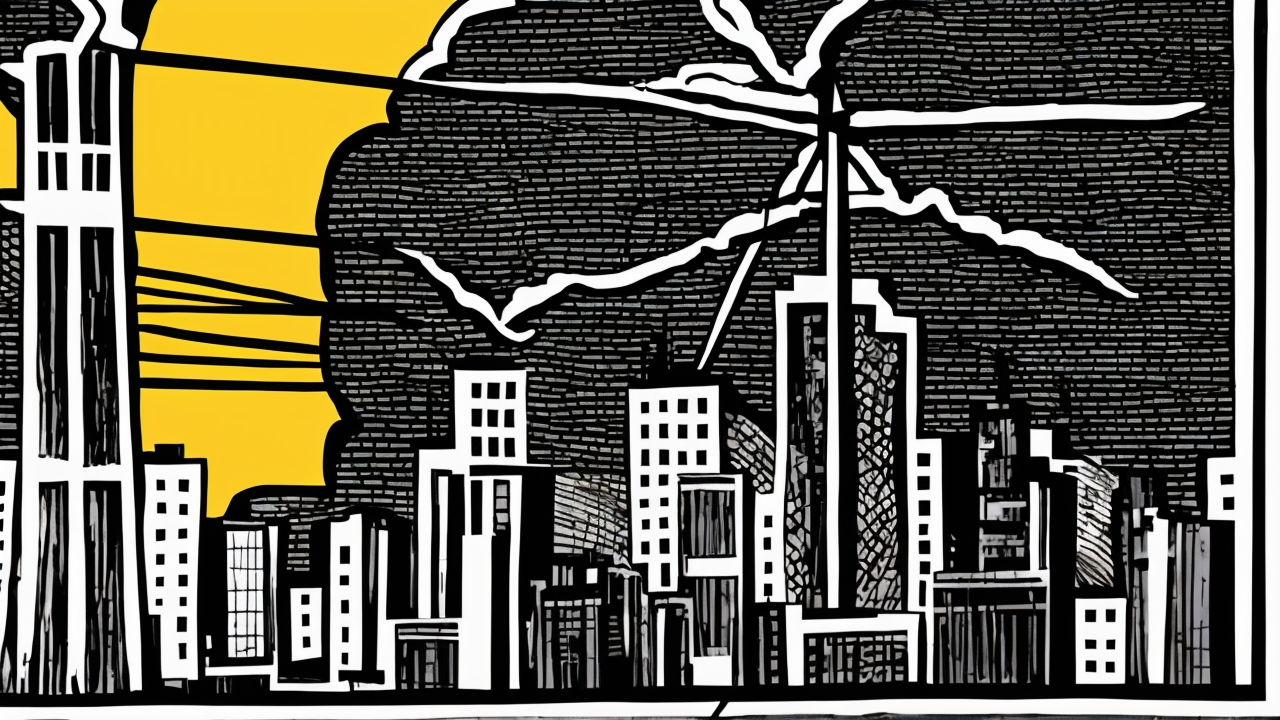Supreme Court Poised to Scrutinize Trump’s Environmental Agenda

The U.S. Supreme Court is set to weigh in on several cases this term that could significantly impact President Donald Trump’s environmental agenda and the scope of presidential authority. These cases come amid heightened scrutiny of executive overreach, particularly as the administration seeks to dismantle environmental protections and curtail federal climate action.
Legal experts anticipate that the court will address critical questions surrounding the limits of presidential power, particularly in areas where federal agencies like the Environmental Protection Agency (EPA) are involved. The justices are expected to consider whether the major questions doctrine—a legal principle that requires clear congressional authorization for significant regulatory actions—will apply to Trump’s agenda. This doctrine, often invoked by conservatives to constrain federal overreach, could serve as a check on the administration’s efforts to roll back environmental regulations.
Recent rulings, such as the court’s decision to allow Trump to block $4 billion in foreign aid appropriated by Congress, suggest a willingness to test the boundaries of executive power. However, the court’s conservative majority will face a pivotal moment in determining whether it applies the same rigor to Trump’s actions as it did to former President Joe Biden’s administration.
As these cases unfold, the court’s decisions will have far-reaching implications for the balance of power between the executive and legislative branches, as well as the future of environmental policy in the United States.
The Supreme Court’s Role in Preserving Constitutional Limits
The U.S. Supreme Court’s upcoming review of President Trump’s environmental agenda presents a critical opportunity to restore balance to our constitutional framework. The major questions doctrine, if applied rigorously, would ensure that federal agencies like the EPA do not overstep their authority and that significant regulatory actions are grounded in clear congressional authorization.
This moment is not about partisanship but about upholding the rule of law. The Court must remain vigilant in preventing any administration, regardless of party, from abusing executive power. Allowing unchecked authority to dismantle environmental protections or expand federal control sets a dangerous precedent for future administrations.
The stakes are high for our nation’s future. A Court that fails to scrutinize executive overreach risks empowering an administrative state that increasingly bypasses Congress. This erosion of constitutional checks and balances threatens the foundational principles of limited government and accountability.
While environmental policy is at the center of these cases, the broader implications extend to the future of our society. A judiciary that prioritizes the separation of powers ensures that decisions impacting public health, the economy, and national security are made with transparency and accountability.
In conclusion, the Supreme Court’s decisions will determine whether we remain a government of laws or succumb to the whims of unchecked executive power. By applying the major questions doctrine consistently, the Court can reaffirm its role as a protector of constitutional integrity and safeguard the future of our nation.
Published: 9/29/2025

















